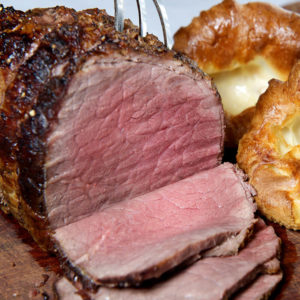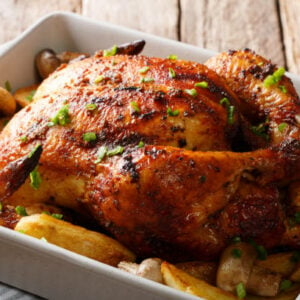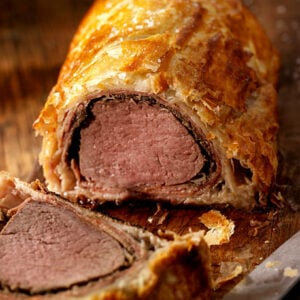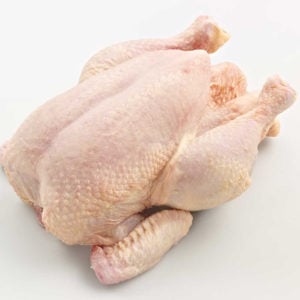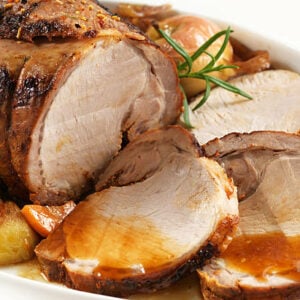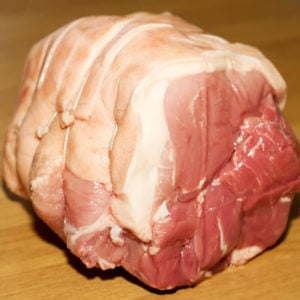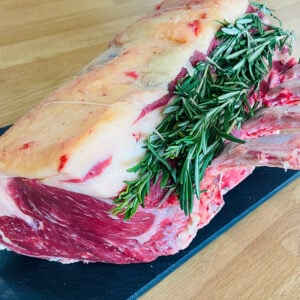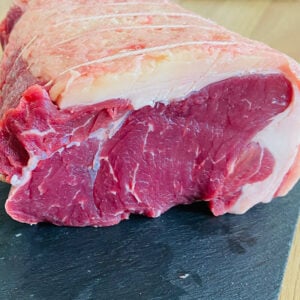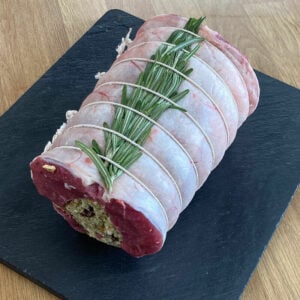Roasting Joints
All our animals roam freely at Eastwood Farm on the edge of the Cotswolds. The care and attention we give to rearing our animals result in you enjoying the fullest of flavours.
Our own home-reared beef, pork and lamb roasting joints are prepared by our locally preferred butcher. We also supply locally sourced free-range chickens.
From farm to fork, we take the greatest care to ensure it is not only better meat but also the very best meat delivery you will receive, which is so important in these Covid times. Listed below are our usual cuts, but should you require something different please get in touch as we are able to supply any cut or size to suit your needs.
Order before Thursday 12 noon for the weekend and choose to collect or have it delivered to your door. Perfect for a delicious Sunday roast! See our meat roasting times below.
Perfect Roasting
The best way to check if your meat is cooked is by using a digital cooking thermometer to check the internal temperature.
Beef, lamb and venison
- Preheat the oven to 180°C/Fan 160ºC/Gas mark 4 and adjust the shelves so that the meat will sit in the centre of the oven.
- Weigh the joint in order to calculate the cooking time. If you like rare beef cook the joint for 20 minutes per 450g plus 20 minutes, for a medium result cook the meat for 25 minutes per 450g plus 25 minutes and for a well done joint cook it for 30 minutes per 450g plus 30 minutes. Baste the meat regularly during cooking.
- To pot roast, the meat is simmered slowly at a low temperature either in the oven or on the hob with liquid for up to 3 hours When cooking, ensure that the lid fits tightly to prevent the cooking liquid evaporating.
- Once the joint is cooked (whether roasted or pot roasted), allow it to stand for 10 minutes – this will make it easier to carve.
- We recommend using a digital thermometer to test your meat.
Rare: 52ºC
Medium: 60ºC
Well done: 75C – 80ºC
Pork
- Preheat your oven to 220ºC/Fan 200ºC/Gas mark 7
- With all large joints some cooks like to roast them for the first 20 minutes on a high heat to allow the heat to penetrate quickly. With crackling joints this is essential for the first 30 minutes. Good crackling forms when the fat beneath the rind melts and pushes up through the rind, basting it with fat and making it crisp. Remember to reduce the temperature after 30 minutes to 180C/Gas 4/fan 160C for the remaining time. Leave the oven door open for a couple of minutes to help reduce the temperature quickly.
- Do not cover pork crackling joints while they are cooking or you’ll be left with soggy crackling. There’s no need to baste pork while it’s cooking as the fat should keep it moist, but some like to brush the crackling with a little extra oil once or twice.
- We recommend using a digital thermometer to test your meat.
For pork the internal temperature should be 75ºC – 80ºC.
Poultry (chicken, turkey, goose and duck)
- Preheat oven to 200°C/Fan 180°C/ Gas mark 6.
- To calculate the roasting time for a chicken, weigh the oven-ready bird (including stuffing, if using) and allow 20 minutes per 450g (1 lb) plus 20 minutes extra, in an oven
- It’s particularly important that poultry is cooked through. If using a digital thermometer always double-check the reading by sticking the probe in several different spots within the thigh or breast, to find the lowest reading. If returning to the oven allow 10-15 mins then test again until the correct temperature is reached.
- Without a thermometer, the classic way to test is to push a spoon under the leg of the bird so that it pierces the skin (or use a skewer), and inspect the juices that collect in the spoon. The juices should be pale gold and clear; if there are traces of blood return to the oven allow 10-15 mins then test again.

